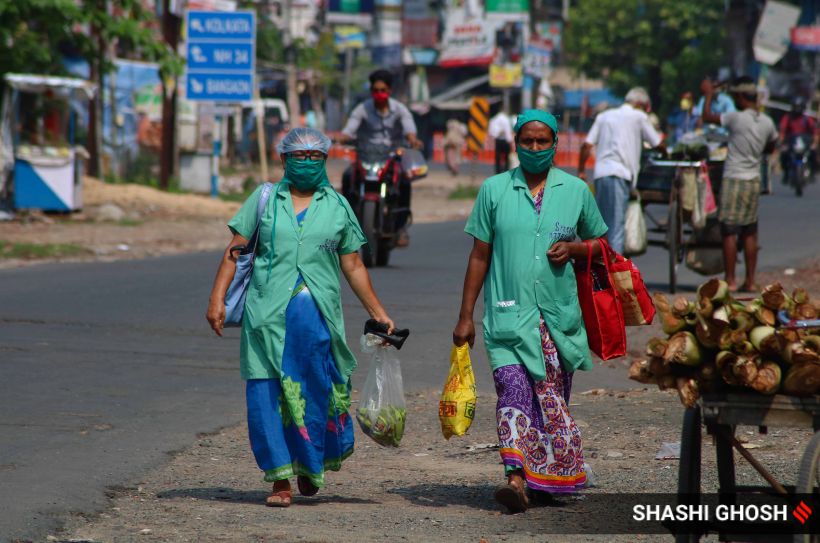December 11, 2020 8:01:12 pm

The commission was initiated in the shadow of the Covid-19 pandemic, which has laid bare the need for a resilient health system.
The long-standing need for universal health coverage (UHC) in India has been brought into sharp focus by the pandemic. A step towards this goal was taken on Friday, with the launch of the Lancet Citizens’ Commission on Reimagining India’s Health System.
The launch was organised virtually on December 11 at 5pm, where speakers included Pamela Das, Senior Executive Editor, The Lancet; K. Vijay Raghavan, Principal Scientific Advisor (PSA), Government of India; Soumya Swaminathan, Chief Scientist, WHO, and V K Paul, Professor and Member, NITI Aayog.
This is an initiative to develop a citizen’s roadmap to achieving UHC, said Dr Vikram Patel, co-chair of the Commission. Formulated in association with the The Lancet and The Lakshmi Mittal And Family South Asia Institute, Harvard University, the Commission’s primary mission will be to lay out the path to guarantee access to quality and affordable healthcare services to every Indian.
The Commission will be led by four health and business leaders — Tarun Khanna, director of Lakshmi Mittal and Family South Asia Institute, Harvard University, Kiran Mazumdar-Shaw, executive chairperson of Biocon, Gagandeep Kang, professor at Christian Medical College, Vellore, and Vikram Patel, professor at Harvard Medical School.
Thirteen experts from academia, the scientific community, civil society, and the private healthcare sector will also serve with them on the Commission.
They include Devi Shetty from Narayana Hrudayalaya Ltd, K. Sujatha Rao, Former Secretary of Health and Family Welfare, Government of India, Nachiket Mor, The Banyan Academy of Leadership in Mental Health, Rajani Ved, National Health Systems Resource Centre, K. Srinath Reddy, Public Health Foundation of India, Armida Fernandez, SNEHA, Yamini Aiyar, Centre for Policy Research, Yogesh Jain, Public Health Physician, Chhattisgarh, Mirai Chatterjee, Self-Employed Women’s Association (SEWA), SV Subramanian, Harvard University, Poonam Muttreja, Population Foundation of India, Sharad Sharma, iSPIRT Foundation and Bhushan Patwardhan, University Grants Commission
This Commission will base its recommendations on a consultative and participatory effort that brings together key stakeholders across India’s healthcare landscape. A final report of its findings and recommendations will be published in the next two years, said Dr Patel.
The commission was initiated in the shadow of the Covid-19 pandemic, which has laid bare the need for a resilient health system that offers comprehensive and affordable quality healthcare to all citizens.
Highlighting what sets this Commission apart from previous efforts, Kang said, “To realise a resilient health system where access to healthcare is not a luxury and where the marginalised don’t remain elusive, all stakeholders including the citizenry need to work along with the government and deliberate on solutions for effective implementation of universal health coverage.”
Over the coming year, the Commission will gather insights from across India through grassroots surveys, public consultations and online discussions. It will also build partnerships and work closely with academic institutions, civil society and other stakeholders to catalyse dialogue and knowledge sharing across fields.
In particular, it will continue to engage with the government, which it sees as a critically important steward to realising universal health coverage.
© The Indian Express (P) Ltd
This article is auto-generated by Algorithm Source: indianexpress.com


